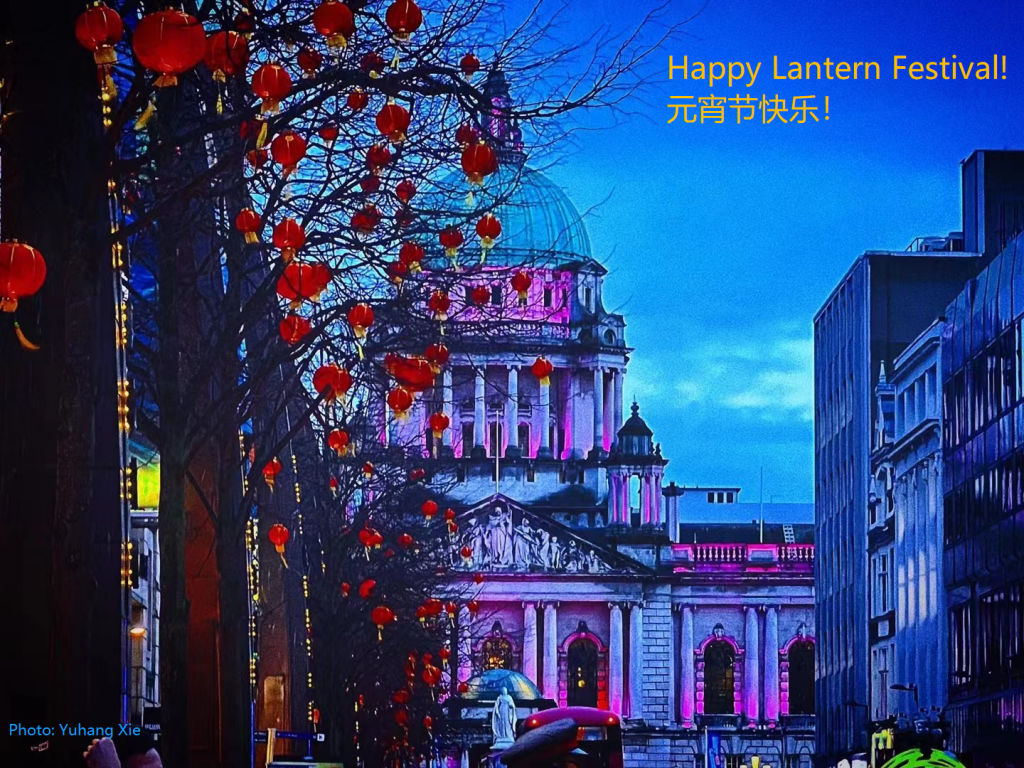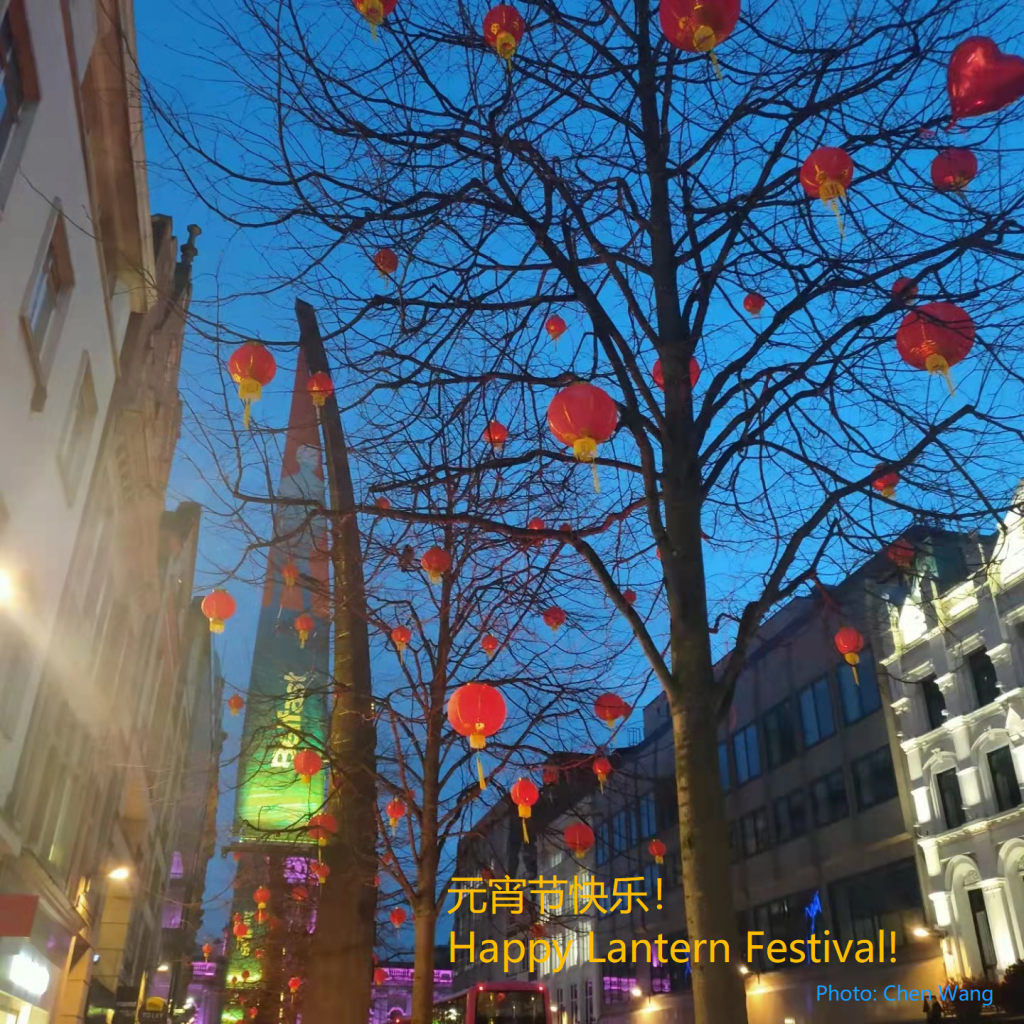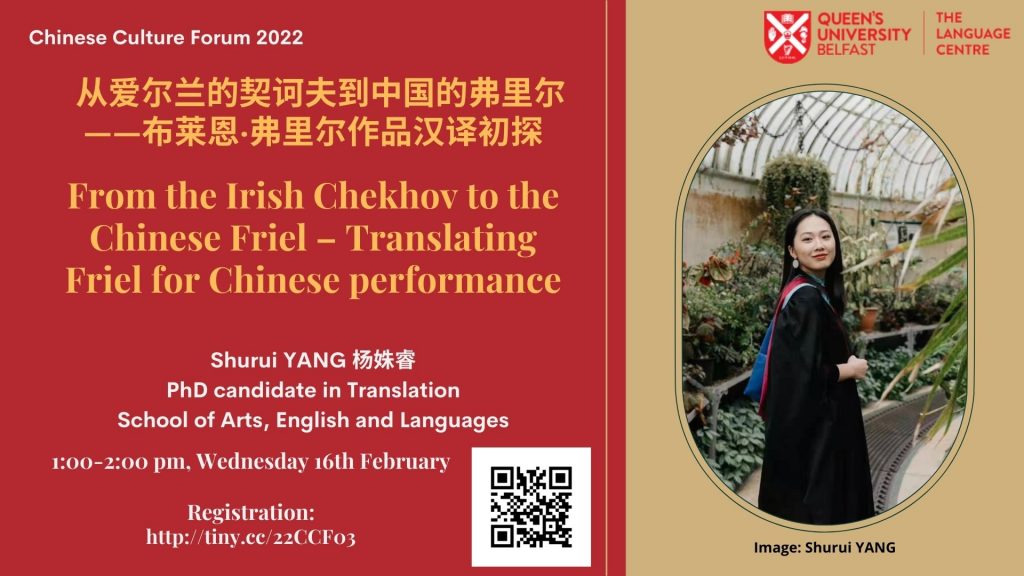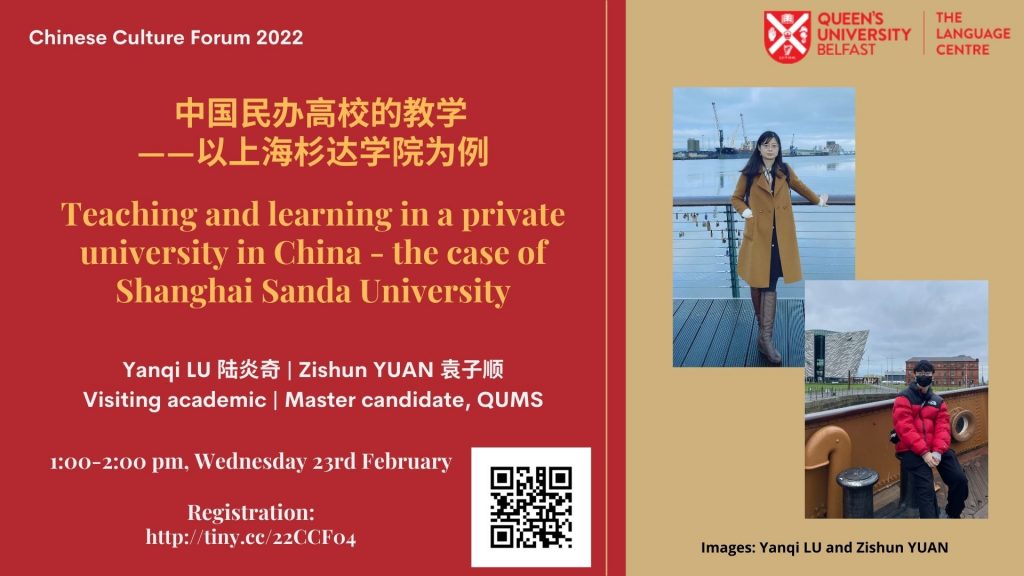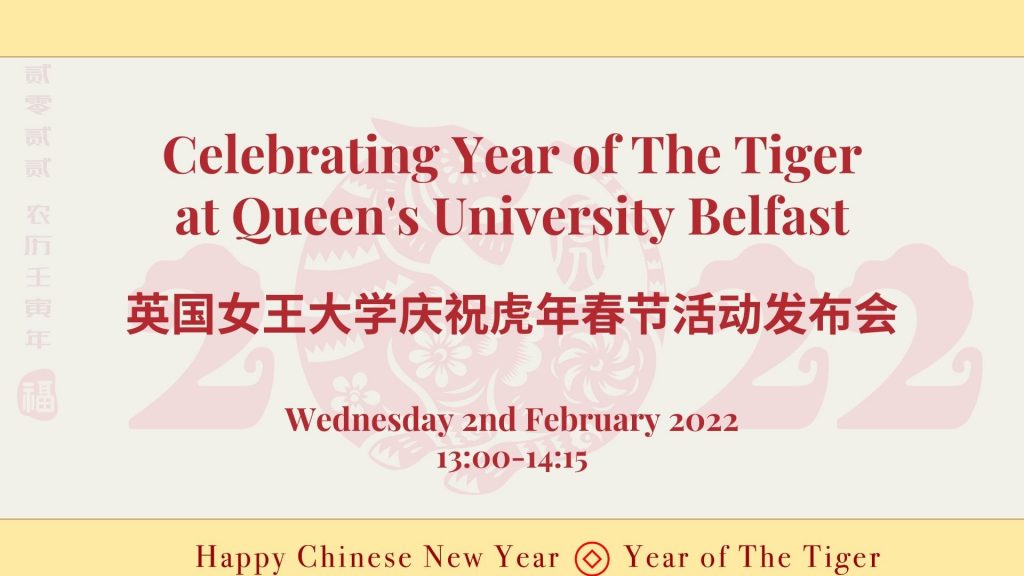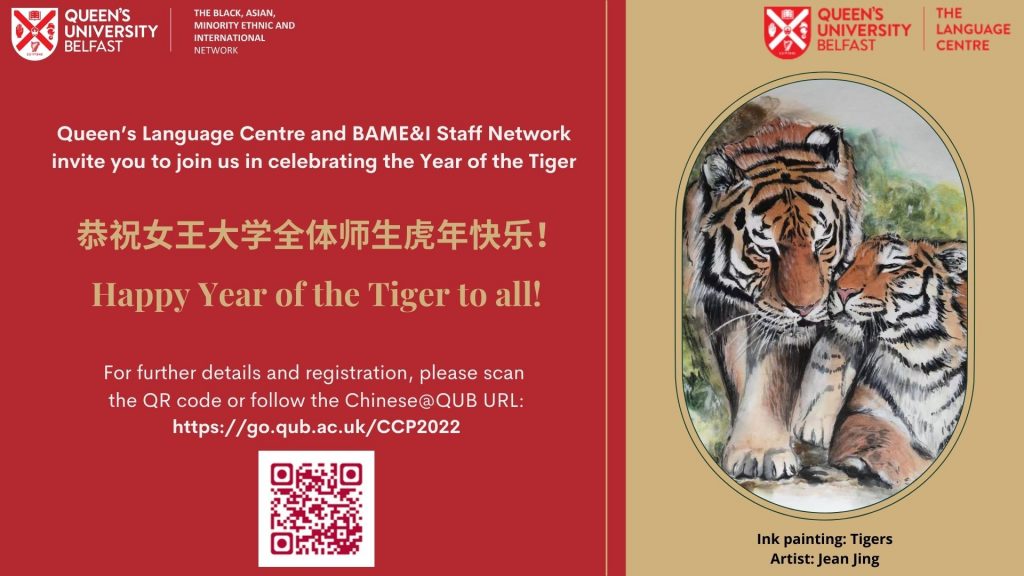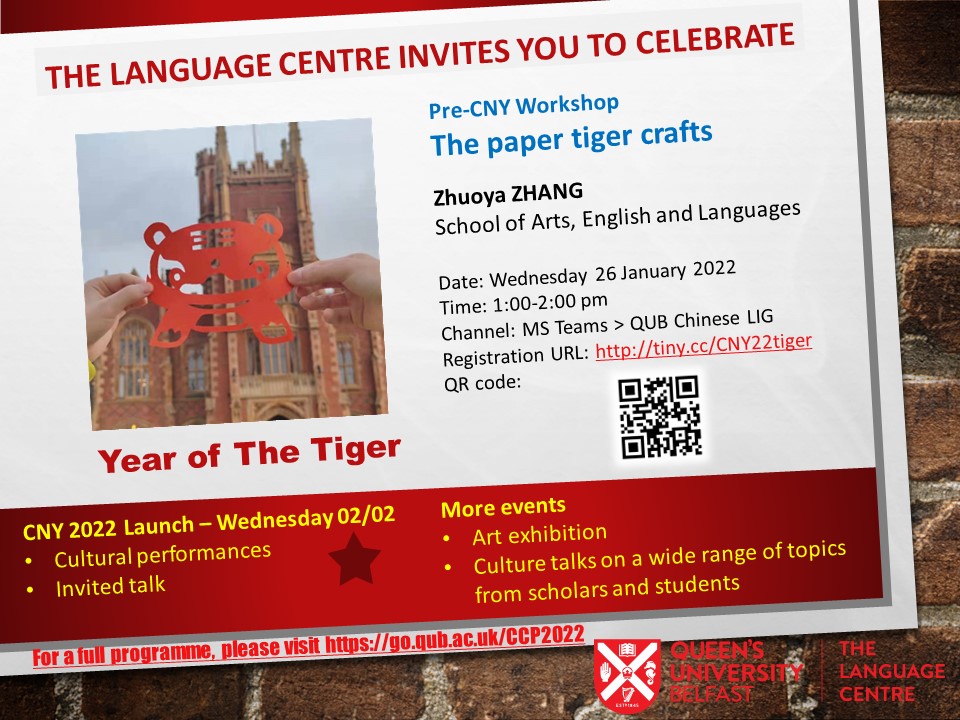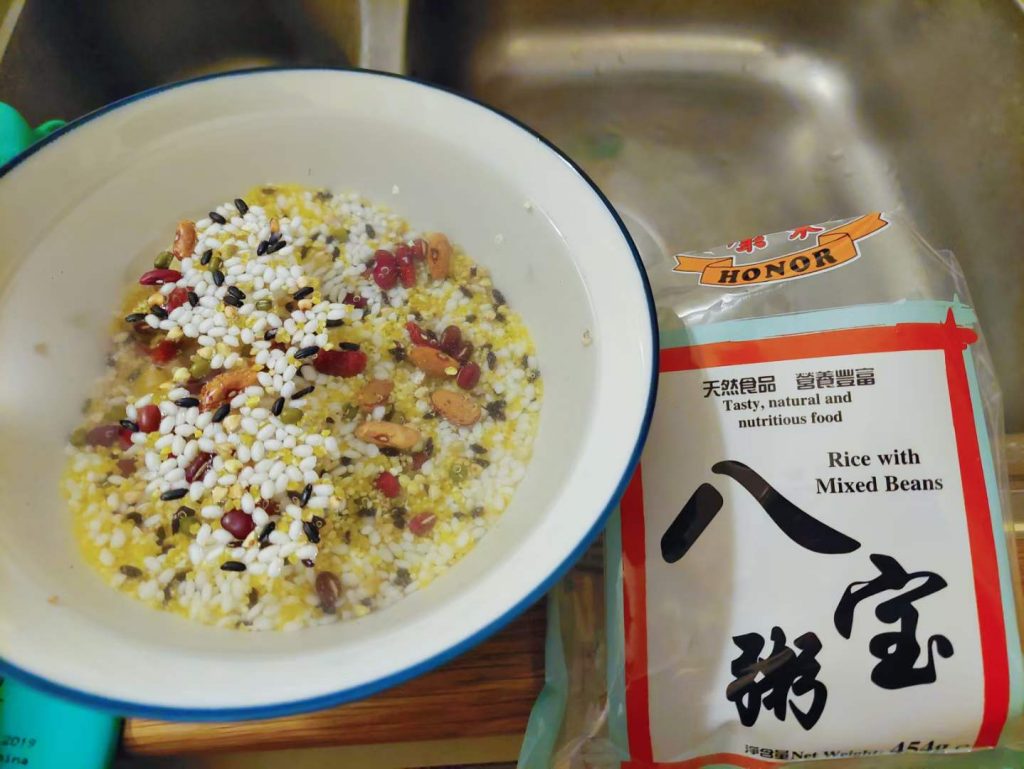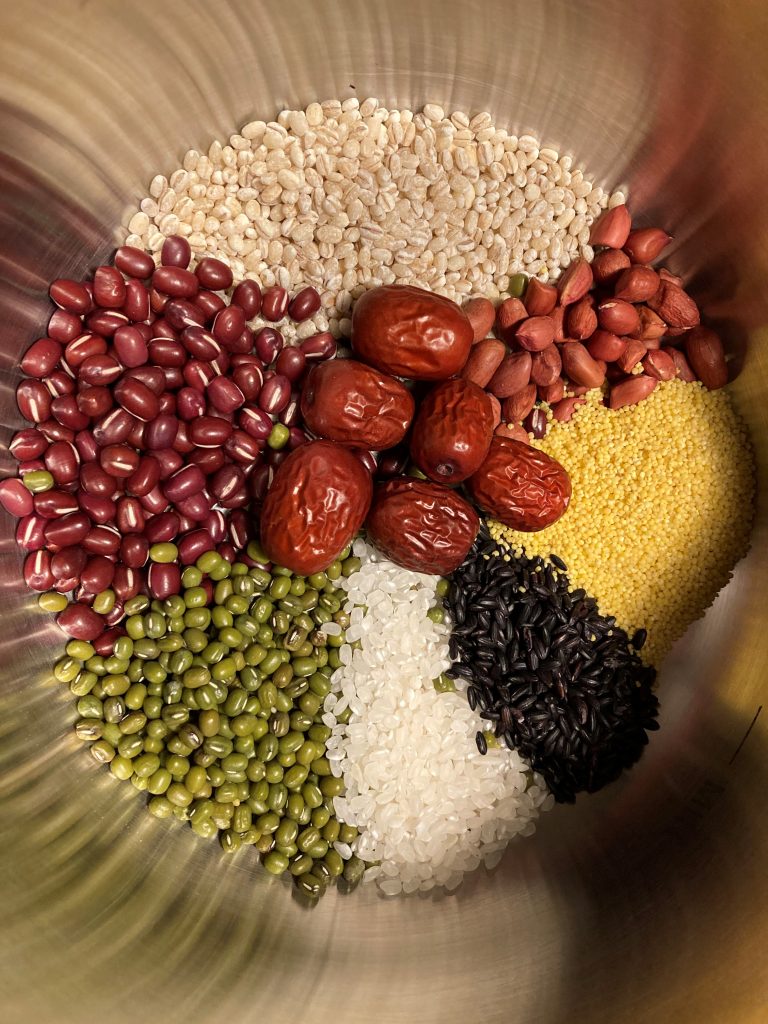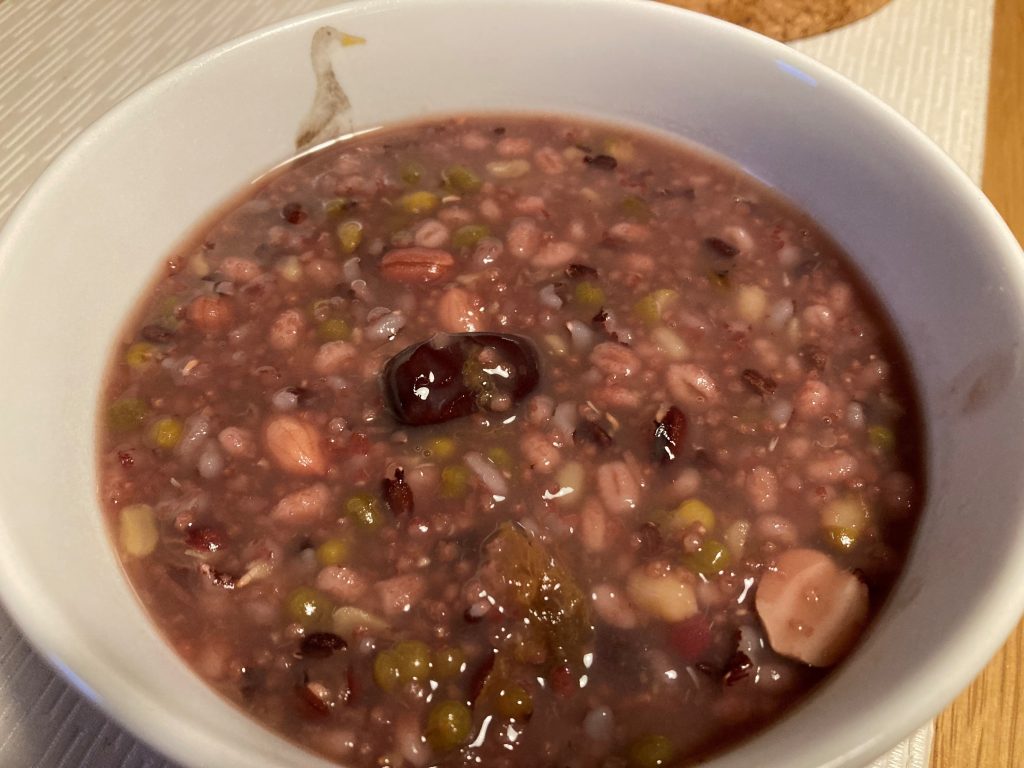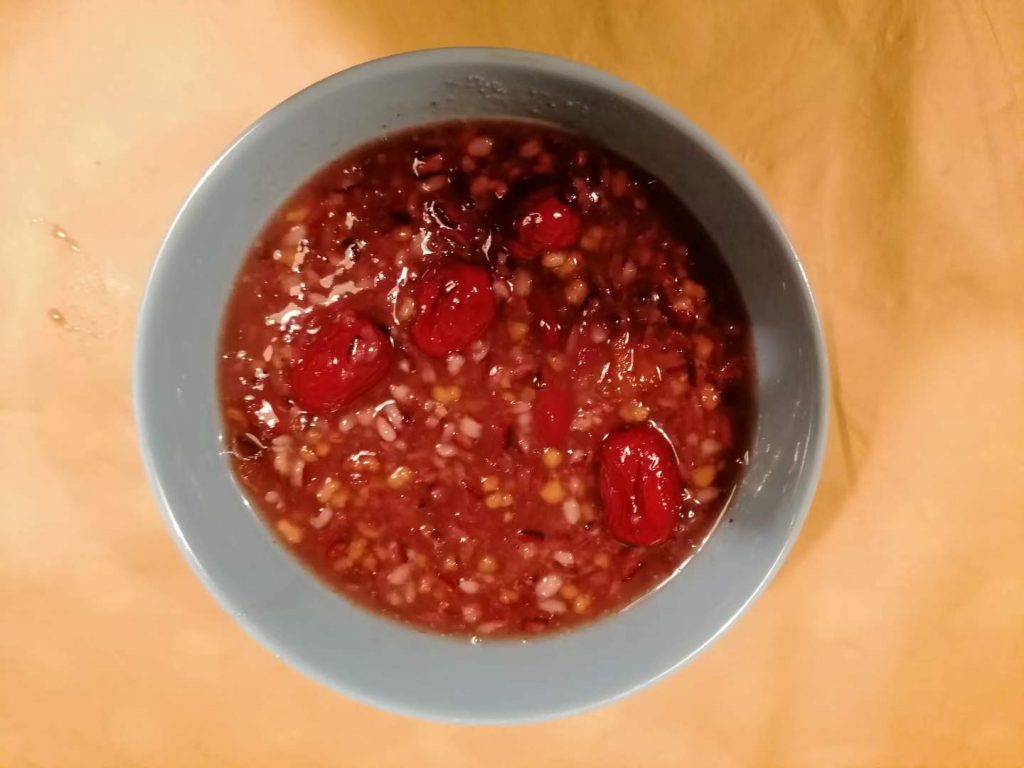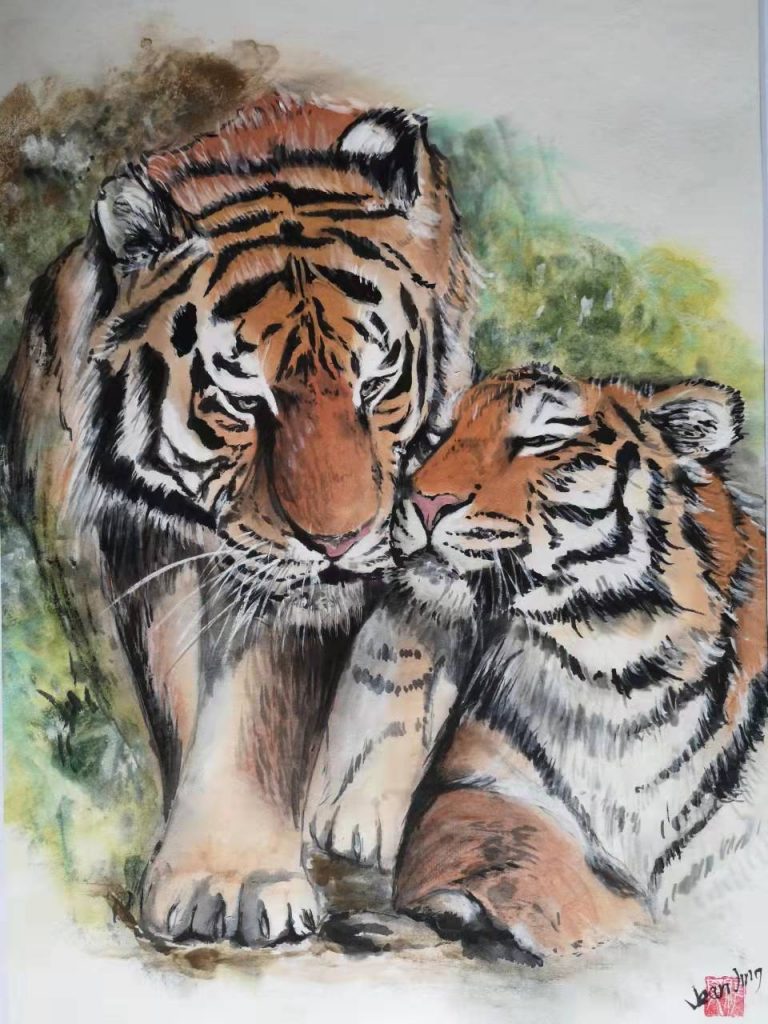Please note that The Language Centre is not involved in this competition provision. Any queries regarding this competition shall be sent to the organiser directly.
2022 Chinese Competition of Charitable Projects & Business Innovations for UK University Students

Following the successful running of the online Chinese Competition of Charitable Projects and Business Innovations for UK University Students in 2020 and 2021 despite the COVID-19 pandemic, the 2022 Competition will be held in April 2022, organised by Centre for Language Education and Cooperation, UK.
Competition Date:
10th April 2022 (Sunday)
Format:
Zoom Online
Contestants’ Qualifications:
Undergraduate, postgraduate and PhD students studying at schools, faculties, departments, Confucius Institutes and language centers of the UK universities and people who take part-time courses, short courses and/or evening classes at the UK universities in 2021 to 2022. The mother tongue is not Chinese and the key family members’ mother tongue is not Chinese.
Theme:
Topics related to charitable projects and business innovations, including but not limited to charitable projects, business plans, product introductions, introduction of companies and enterprises, business cases, project initiatives and market researches.
Content:
Speech presentation*: 8 to 10 minutes
Q&A: 5 minutes
*Remarks: If there are videos produced by the contestant imbedded in the presentation, the videos can be no more than twice and longer than 1 minute.
Language:
Mandarin Chinese
Prizes:
Contestants who rank top 6 of the competition will be awarded certificates and partial contribution to the return airfare of undertaking work placement and/or attending business Chinese classes in China. The rest of the contestants will be awarded certificate of participation of the competition and souvenirs.
Enrollment:
1) Contestants please complete and submit the online application form together with the speech synopsis and other required supporting documents no later than 5pm on 11th March (Friday)
2) Participating universities please email the signed and dated confirmation form to the Organising Committee on later than 5pm on the 11th March (Friday).
Number of Contestants:
In principle no more than 3 contestants from each participating university.
Support from the industry:
Senior business personnel of the UK based key Chinese entreprises and companies and the local British counterparts will join the judging panel of the competition and provide awards for the competition as well as offer work placement for prominent contestants of the competition.
Contact:
Name: Christina Zhang
Email: bccompetition@clecuk.org
Application Form (to be submitted by contestants online)

